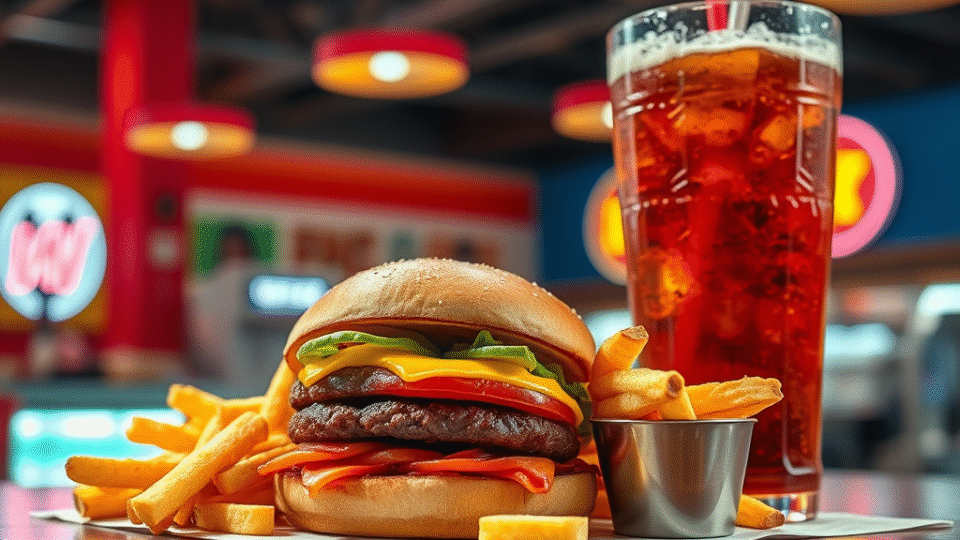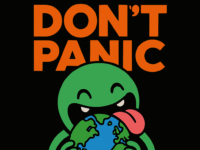
Why Do Humans Love Fast Food So Much?
Fast food is humanity’s boldest attempt yet to bend the laws of time, nutrition, and self-respect into a single paper bag. It is a culinary innovation predicated on one simple promise: you can consume something resembling food faster than you can remember why you shouldn’t.
The concept was born when someone, somewhere, looked at a cow and thought, “This is taking far too long.” From that moment, an entire industry devoted itself to finding ways of converting animals, plants, and occasionally cardboard into something edible in under 90 seconds. The result is a meal so efficient it bypasses several biological processes entirely— most notably, digestion and satisfaction.
Fast food restaurants are easily identified by their bright colors, glowing signs, and a faint yet persistent aroma of salt, oil, and mild despair. Inside, one finds an atmosphere that can only be described as “industrial cheerfulness,” maintained by employees who have long since detached their souls from their bodies in order to survive the lunchtime rush.
A typical fast food meal consists of a burger (a compressed disc of mystery protein), fries (thin sticks of deep-fried existential crisis), and a drink the size of a small moon. The beverage is usually a carbonated concoction containing enough sugar to power a modest starship’s hyperdrive for several minutes—or at least keep a human awake through an afternoon of regret.
Despite everything, fast food persists because it appeals to the most primitive corner of the human brain—the one that equates “now” with “good.” The same neural pathway that once helped early humans pounce on fruit before a rival ape could grab it is now triggered by the sight of a drive-thru menu glowing like divine revelation at midnight.
In summary, fast food is a triumph of civilization: a meal engineered to be faster than thought, cheaper than reason, and more filling than fulfillment itself. It is the edible equivalent of pressing the “skip intro” button on life.
(Editor’s Note: The word “fast” here refers not to speed, but to the fleeting duration of happiness before indigestion sets in.)




